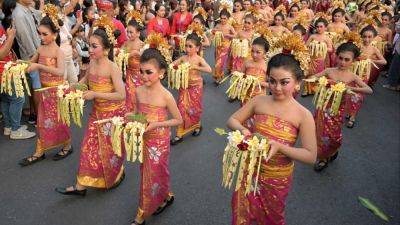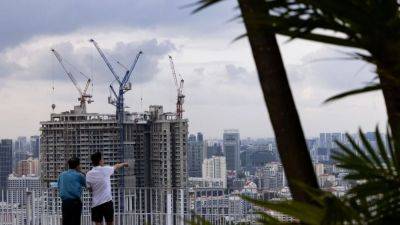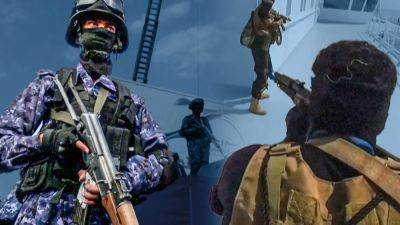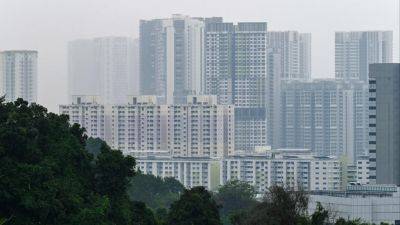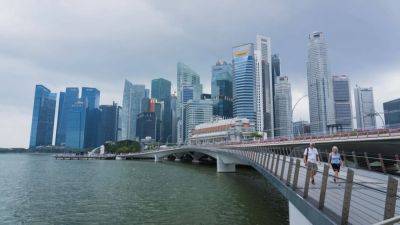Money-laundering scandal: Singapore looks at how to offload seized assets worth US$2.2 billion
The city state must now decide what to do with a fortune in forfeited assets, from luxury properties to collectible ornamental bears and branded handbags. There’s also several hundred million dollars of local and foreign currencies in accounts at some of the world’s top wealth managers.
Credit Suisse – now owned by UBS Group AG, and Citigroup Inc. held the largest amounts on deposit so far for the convicted, according to court filings reviewed by Bloomberg. Others with significant exposure include the country’s three largest banks – DBS Group Holdings Ltd., Oversea-Chinese Banking Corp. and United Overseas Bank Ltd.
For decades, Singapore has taken steps to attract the uber rich, spawning a finance industry that’s made it one of the wealthiest countries. The surprise sting operation to take down the online gambling ring last year prompted a rethink, amid signs dirty money is joining legitimate businesses.
Here are the major items that were seized from the money launderers:
The China-born individuals and their close associates, together with companies they controlled, held more than S$370 million in total at over a dozen financial institutions, court records compiled by Bloomberg show.
That’s not all, however. Singapore’s top local banks as well as international lenders also made significant loans that were not reflected in the seized assets. DBS for example, said previously it has about S$100 million of exposure to the scandal, mainly from financing properties. Singapore’s police force meanwhile, has said that there are 17 other people under investigation whose assets have been seized or frozen, whose tally is not included in the documents.
Spokespeople for banks that held assets of the launderers – Standard Chartered Plc,


